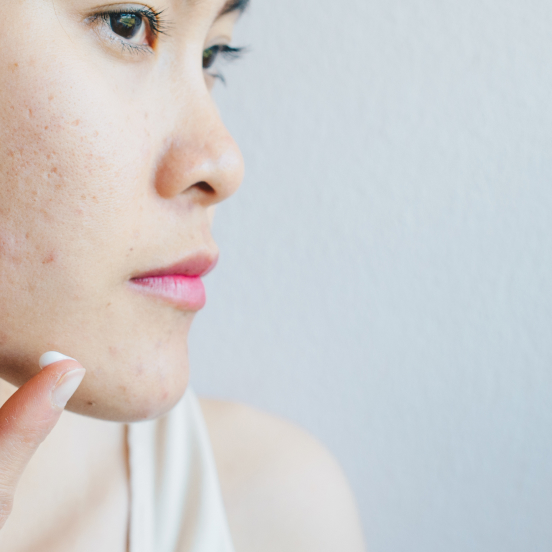Acne Treatment
Acne is a skin condition that typically affects the face, but may also involve the chest and back. Acne may manifest itself as white heads, blackheads, and cysts. In many instances, when the acne lesion resolves, residual dark marks or pitted scars remain.
Acne affects patients of all ages. In teenagers, it is driven by the hormone testosterone, which increases during puberty and stimulates sebaceous glands of the skin to grow, make oil and plug pores. In adults, acne may be related to hormones, childbirth, menopause, or medications. Diet may also be linked to acne. There are studies that suggest that dairy products and high glycemic index foods (sodas, juices) may contribute to acne flares.
For mild acne, treatment typically starts with topical antibiotics, retinoids derived from Vitamin A, and benzoyl peroxide. Extraction or acne surgery may be performed to remove black and whiteheads. In the setting of moderate acne, antibiotic pills are often prescribed. In some women, hormonal treatments may be helpful. In patients with recalcitrant acne or if it is severe with scarring, oral isotretinoin may be utilized. After your acne is controlled, several cosmetic procedures may be used to improve residual acne scarring including chemical peels, microdermabrasion, and laser resurfacing.
